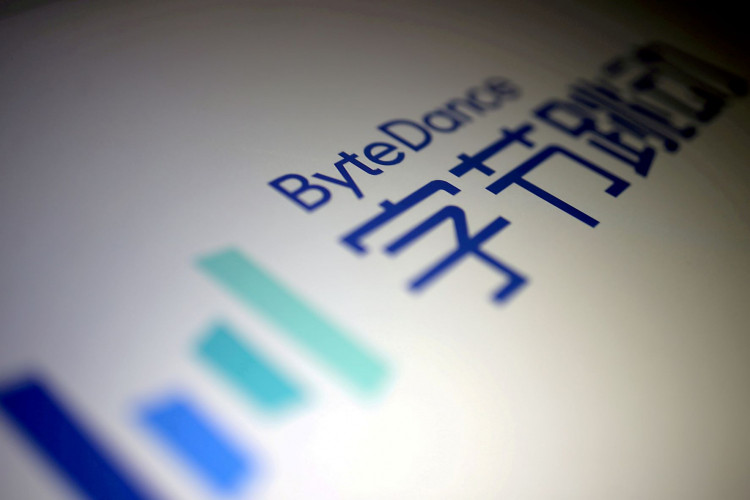OpenAI, led by Sam Altman, has suspended ByteDance, the parent company of TikTok, for using its GPT technology to train a competing artificial intelligence model in China.
This move by ByteDance has sparked significant concern, as it reportedly violated the developer licenses of both Microsoft Corp. and OpenAI. ByteDance admitted to employing OpenAI's GPT to power products in non-China markets, as confirmed by their spokesperson, Jodi Seth. However, in China, ByteDance claimed to use its self-developed model, Doubao.
The controversy intensified after internal communications within ByteDance suggested that employees were instructed to employ "data desensitization" techniques to mask the use of OpenAI's API. This violation of OpenAI's terms of service, which prohibit customers from using GPT output to develop competitive AI models, led to the suspension of ByteDance's account.
Niko Felix, a spokesperson for OpenAI, stated, "While ByteDance's use of our API was minimal, we have suspended their account while we further investigate."
ByteDance's strategy has raised concerns about the potential worsening of the "hallucination problem" in AI models. These models rely on given training data rather than generating their own, and using one AI's output to train another could degrade quality and result in more fictional content.
The issue of ByteDance leveraging OpenAI's technology for its own AI advancements highlights the delicate balance in the AI industry between collaboration and competition.
ByteDance's move to develop a chatbot, similar to OpenAI's ChatGPT, using the latter's technology has brought attention to the growing AI market competition. The South China Morning Post reported that ByteDance is expanding into AI chatbot development, competing with OpenAI's customizable ChatGPT bots. This development comes amidst increased scrutiny of ByteDance by US regulators and lawmakers over concerns that the company could share user data from TikTok with the Chinese government.
This incident underscores the complexities in the AI industry, where innovation often hinges on shared technologies and collaborative efforts. Yet, the boundaries of usage and intellectual property remain a contentious issue, especially when it involves companies from different geopolitical landscapes.






